Pilot Evaluation: You will fly with Ethnos360 Aviation field-experienced instructor pilots. There are no trick questions, as we are not trying to prevent people from becoming a part of Ethnos360 Aviation, but we do want to see what each person is capable of doing. You will be given tasks such as the four basics: navigation, airmanship, instrument flight, and takeoffs and landings. Candidates must comply with Commercial Pilot standards. Each candidate is evaluated as an individual.
Mechanic Evaluation: You will work in the shop with Ethnos360 Aviation field-experienced mechanic (engineer) instructors. You will be given three tasks: inspect and service a component (likely a magneto), troubleshoot and repair an electrical mock-up, and fabricate a sheet metal project. Maintenance specialists will also inspect an engine cylinder. Each candidate is evaluated as an individual.
Candidate Interviews: During this week at Ethnos360 Aviation headquarters in Arizona, in addition to evaluating your technical aviation skills, we also interview you and your spouse. We’ll present a realistic portrayal of the work that Ethnos360 Aviation does in support of pioneer church planting. We’ll lay out accurate expectations of the type of ministry ahead and what it will take to serve successfully. We’ll evaluate you and your family’s alignment with Ethnos360 Aviation values, mission and model of service.
You will gain an accurate view of the type of ministry ahead so that you understand the family dynamics, spiritual maturity, willingness to sacrifice and ability to work with others which are required to serve successfully.
At the same time, you will evaluate Ethnos360 Aviation. Are we the type of ministry that you can get behind and wholeheartedly serve with?


